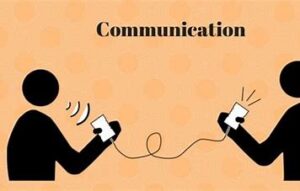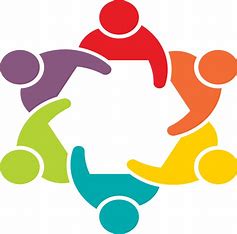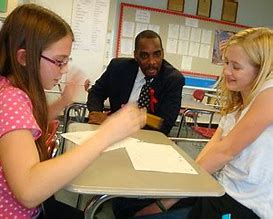Community events are the heartbeat of local culture and engagement. They bring people together, foster a sense of belonging, and create memorable experiences. However, planning an event that resonates with and actively involves the community can be a challenging task. In this post, we’ll explore key strategies for planning an event that not only attracts your community but actively engages them, making it a memorable and meaningful experience.
 Understanding Your Community
Understanding Your Community
The first step in planning a successful community event is understanding your audience. What are the demographics of your community? What interests them? Surveys, social media polls, and community forums can be effective tools for gathering this information. Remember, the more you know about your community, the better you can tailor your event to their preferences. If you need assistance with Event Planning in Charlotte, NC, consider reaching out to local professionals who can offer their expertise in this area.
Inclusive Planning
Inclusivity should be at the forefront of your planning process. Ensure that your event is accessible to people of all ages, abilities, and backgrounds. This might include providing wheelchair access, sign language interpreters, or activities suitable for all age groups. An inclusive event is one where everyone feels welcome and valued.
Collaboration is Key
Collaborate with local businesses, schools, and community groups. This not only helps with resources and spreading the word but also ensures that the event has something that appeals to different segments of the community. Partnerships can also open doors to local talent, vendors, and unique entertainment options that reflect the community’s character.
Interactive Activities
Interactive activities are the heart of community engagement. Consider workshops, competitions, or interactive booths that encourage participation. Activities like community art projects, cooking contests, or sports events can be both fun and engaging. The goal is to create opportunities for attendees to interact with each other and actively participate, rather than just observe.
 Effective Communication
Effective Communication
Clear and consistent communication is essential. Utilize various platforms like social media, local newspapers, and community bulletin boards to reach a wider audience. Keep your community informed and excited about the event with regular updates. Include clear information about the date, time, location, and activities planned.
Feedback and Improvement
After the event, gather feedback from attendees. What did they enjoy the most? What could be improved? This feedback is invaluable for planning future events. It shows the community that their opinions are valued and considered, fostering a stronger connection for future engagements.
Conclusion
Planning a community event that engages and excites your audience requires understanding, inclusivity, collaboration, interactive activities, effective communication, and a willingness to learn and improve. By focusing on these key aspects, you can create an event that not only brings your community together but also strengthens the bonds within it. Remember, the most successful events are those that reflect and celebrate the unique spirit of the community they serve.

